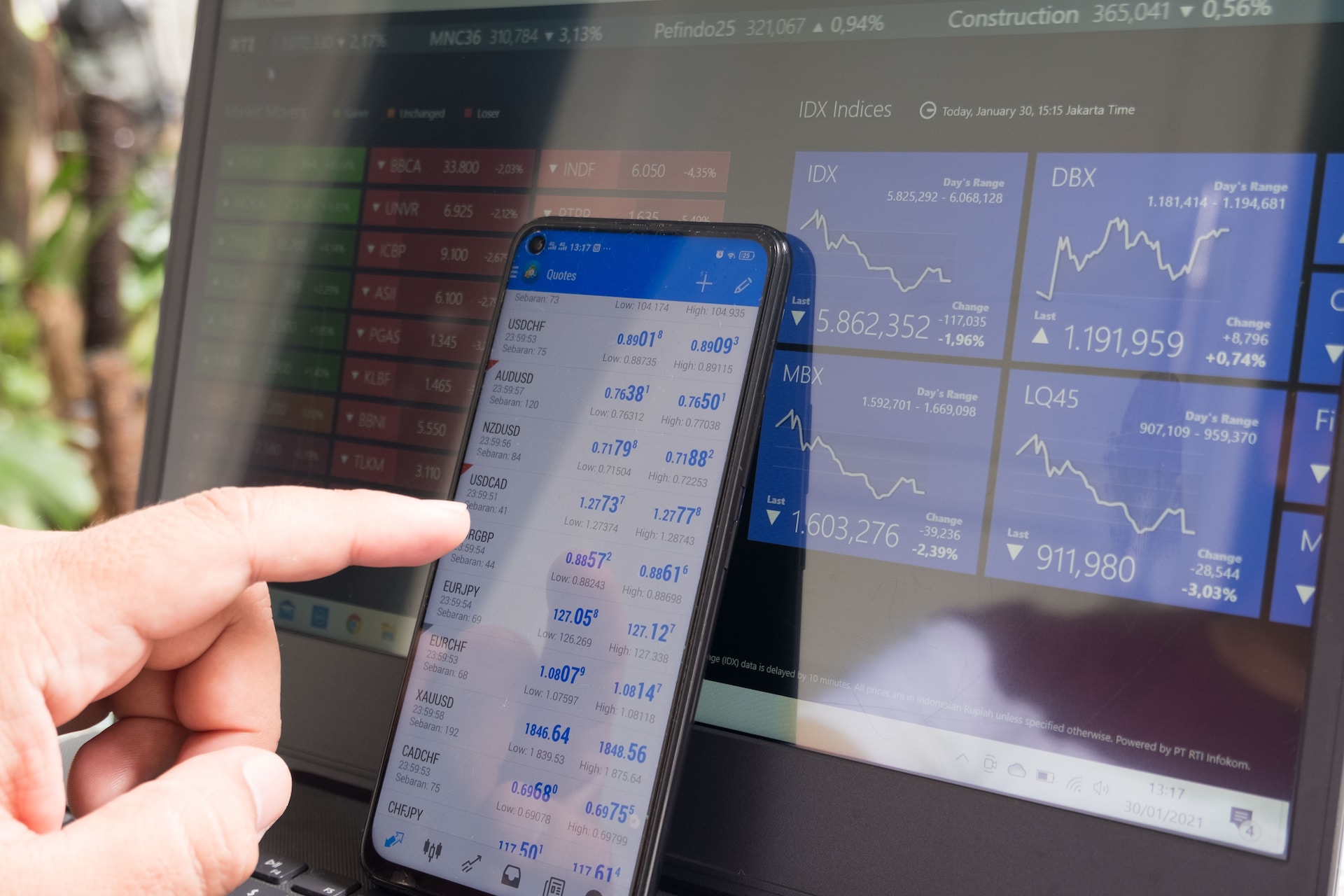
Mastering the Art of Forex: Insider Tips and Strategies for Success
Step into the dynamic realm of Forex trading, where the potential to amass wealth through the foreign exchange market awaits your exploration. Your curiosity has led you here, possibly steering you away from conventional stock and share trading or even the allure of cryptocurrencies like Bitcoin. Forex, the abbreviation for foreign exchange, stands as the world’s preeminent financial market, boasting a staggering daily trading volume that eclipses $6 trillion.
Within this vast landscape, numerous traders, like those in pursuit of reliable platforms like Hugo Capitals, are eager to unravel the intricacies of Forex trading. This blog post aims to unveil exclusive insights and proven strategies that can pave the way for your triumph in this thrilling venture.
Contents
- 1 Know the Basics
- 2 Educate Yourself
- 3 Choose the Right Broker
- 4 Develop a Trading Plan
- 5 Start with a Demo Account
- 6 Master Technical Analysis
- 7 Understand Fundamental Analysis
- 8 Practice Patience and Discipline
- 9 Diversify Your Portfolio
- 10 Keep a Trading Journal
- 11 Stay Informed and Adapt
- 12 Risk Management is Key
- 13 Embrace Continuous Learning
- 14 Conclusion
Know the Basics
1. Currency Pairs: Forex involves trading one currency against another. EUR/USD (Euro/US Dollar), GBP/USD (British Pound/US Dollar), and USD/JPY (US Dollar/Japanese Yen) are the most commonly traded pairs.
2. Leverage: Leverage allows traders to control a larger position with a smaller amount of capital. While it can amplify profits, it also increases the risk of significant losses, so use it wisely.
3. Risk Management: Managing risk is paramount in Forex trading. Always set stop-loss orders to limit potential losses, and never risk more than you can afford to lose.
Next, let’s look at some insider tips and strategies that can help you succeed.
Educate Yourself
The first and most crucial step in mastering Forex is education. Trading without knowledge is akin to sailing into a storm without navigation. Invest time in learning the ins and outs of the market, including technical and fundamental analysis, chart patterns, and trading psychology. There are plenty of online courses, books, and forums dedicated to Forex education.
Choose the Right Broker
Selecting a reputable and trustworthy broker is pivotal. Look for one that offers competitive spreads, a user-friendly trading platform, and good customer support. Ensure they are regulated by a relevant authority to protect your interests.
Develop a Trading Plan
A well-structured trading plan is your roadmap to success. Define your trading goals, risk tolerance, and strategy. Decide how much capital you are willing to risk on each trade and stick to it religiously. Your trading plan should also include criteria for entering and exiting trades.
Start with a Demo Account
Before diving into live trading, practice with a demo account. This allows you to gain experience without risking real money. It’s a valuable tool for honing your skills, testing strategies, and building confidence.
Master Technical Analysis
Technical analysis involves studying historical price charts and using various indicators to predict future price movements. Learn how to read and interpret these charts effectively. Some popular technical indicators include Moving Averages, Relative Strength Index (RSI), and Fibonacci retracements.
Understand Fundamental Analysis
In addition to technical analysis, grasp the importance of fundamental analysis. Keep an eye on economic calendars, news releases, and global events that can impact currency prices. Events like interest rate decisions, economic data releases, and geopolitical developments can significantly influence the Forex market.
Practice Patience and Discipline
Forex trading is not a get-rich-quick scheme. It requires patience and discipline. Avoid impulsive decisions and stick to your trading plan. Emotional trading often leads to losses. Remember that losses are part of the game, and even the most successful traders have losing trades.
Diversify Your Portfolio
Don’t put all your eggs in one basket. Diversify your trading portfolio by trading different currency pairs. This reduces the risk associated with overexposure to a single currency.
Keep a Trading Journal
Maintaining a trading journal is a valuable habit. Document every trade you make, including the reasons for entering and exiting the trade. Analyze your journal regularly to identify patterns and learn from your successes and mistakes.
Stay Informed and Adapt
The Forex market is ever-changing. Stay informed about market news, economic developments, and geopolitical events that could impact your trades. Be ready to adapt your strategy as market conditions evolve.
Risk Management is Key
Managing risk is the key to successful Forex trading. You shouldn’t risk more than you can afford to lose on one trade. Use stop-losses to limit losses and consider setting a risk-reward ratio of at least 1:2.
Embrace Continuous Learning
Keep yourself updated with the latest trading strategies and tools in the Forex market. Join trading communities and attend webinars or seminars to expand your knowledge.
Conclusion
Forex trading is a journey that requires dedication. Also, education and discipline. It isn’t for the faint-hearted, but with the right mindset and strategies, success can be achieved. Develop a strategy that suits your risk tolerance and financial goals, since there is no one-size-fits-all approach to trading.
Start small, stay patient, and never stop learning. The Forex market rewards those who are diligent and well-prepared. With the insider tips and strategies outlined in this blog post, you’re better equipped to navigate the Forex waters and work towards financial independence through trading. Happy trading!


